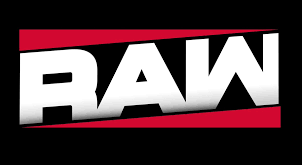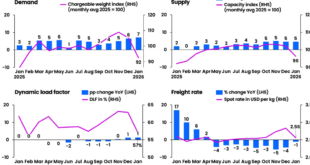The global pet industry will expand by more than 45% over the next six years, surpassing $500bn (£386.8bn) by 2030, according to a new report from Bloomberg Intelligence (BI).
The surge will be driven by increasing pet ownership, particularly in emerging markets like China, robust sales in pet food, strong growth of health and welfare therapies, and the humanisation of pets.
BI expects the global pet food industry to expand nearly 7% this year and then about 5% annually to reach $146bn (£112.9bn) by 2030. It stated that food is the “biggest ownership expense and limited elasticity allows suppliers to pass along higher costs”.
In addition, the pet pharmaceuticals industry could expand to over $24bn (£18.57bn) by 2030, from about $16bn (£12.38bn) now, driven by favourable demographics, consumer spending and development of novel therapeutics.
The report highlighted that pain, oncology and cardiology can spur innovation and the emergence of “blockbuster products” as companies continue to bridge findings from human health to pets.
BI also reported that the humanization of animal companions should also boost the industry. It noted that brands including Gucci, H&M and Tommy Hilfiger have launched pet clothing lines to tap into the trend.
However, limited new pet ownership and high elasticity during economic downturns would weigh on the supplies and equipment category.
Additionally, BI’s analysis found that the global segment may grow 36% to $65.8bn (£50.90bn) through 2030 (vs. 45% for food), with the US accounting for 44%, followed by Europe at 31%.
BI said that though the category is typically a smaller part of pet revenue for retailers than consumables, accounting for about 30%, it is “more profitable”.
Overall, the report suggested that the US will remain the biggest market and Europe may account for about a third of the market, though other regions may expand more quickly.
Diana Rosero-Pena, lead consumer analyst at Bloomberg Intelligence, said: “The pet economy is experiencing unprecedented growth, fuelled by the humanisation of pets and rising disposable incomes. Companies like Mars and J.M. Smucker are leading the charge in the pet food sector, ensuring consistent growth despite broader economic challenges. The resilience of this sector underscores its potential as a major economic driver over the next decade.”
Andrew Galler, lead analyst for Global Health Care at Bloomberg Intelligence, added: “Innovations in pet healthcare are pivotal to the market’s expansion. The development of new therapies and advanced diagnostic tools will not only enhance the quality of care but also drive significant economic value. As pets live longer, the demand for sophisticated healthcare solutions will continue to rise.”
Source link



